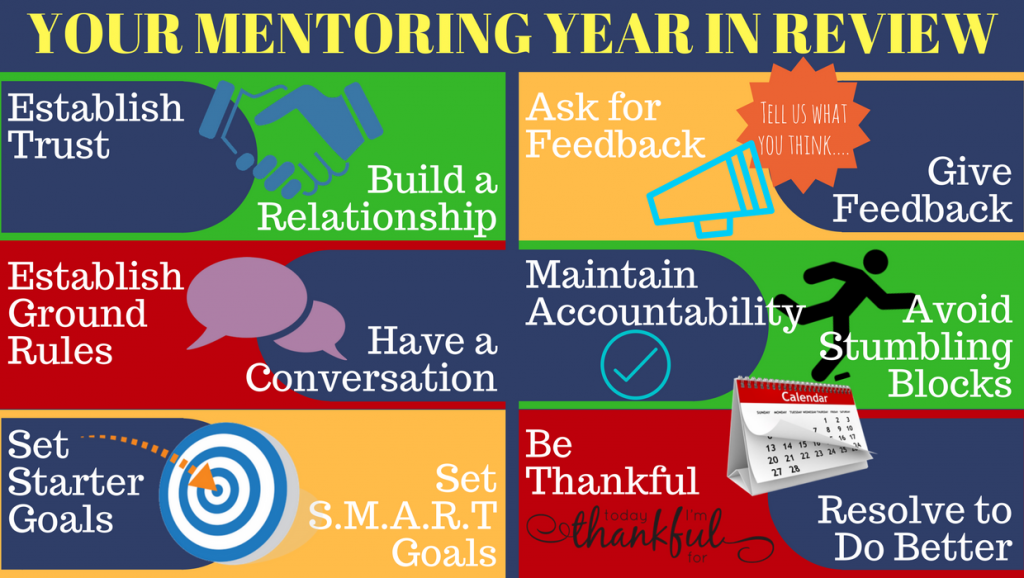In American workplaces, this is particularly acute. According to the Bureau of Labor Statistics, in 2000, 3.3% of all workers worked remotely. Today, that number is up to 5.2% — this is a jump from 3.7 million workers to 6.5 million workers. This trend looks as if it will continue : 90% of remote workers say they intend to work remotely for the rest of their careers.
With all the advantages of remote work in flexibility, the disadvantage is a workforce that might not ever interact in person. 21% of remote workers say that the biggest struggle of working remotely is loneliness, while another 21% said that it was collaborating and communicating. This is what Putnam described as the loss of social capital.
Yet these trends do not mean that workplaces must throw up their hands and assume that an engaged workforce and an inclusive organizational culture are futile efforts. Rather, it is more important than ever to create a work environment that builds social capital.
Social capital is most simply defined as the benefits of sociability. It is the productive outcome that arises from connectedness. It comes from meaningful relationships in the workplace where employees feel invested, think about each other, and engage in reciprocal acts of mutual benefit—it creates a sense of belonging.
Mentoring is often overlooked as a means to build social capital; though, by its very nature, mentoring is a reciprocal relationship where mentor and mentee collaborate towards a common goal that will build the mentees’ skills, knowledge, and abilities.
When an organization invests in mentoring, it nurtures four characteristics that grow social capital: conversation, connection, community, and culture. Let’s take a deeper look into each of these characteristics and how mentoring fosters growth in each.
1 – Conversation
Good mentoring begets good conversation, which is marked by the presence of dialogue. Unlike the transactional conversations that more typically occur in workplace relationships, dialogue is a rich interaction in which both parties are fully present and learning. There is deep listening, a collaboration on problem-solving, and a mutual investment in achieving a goal. Good conversations contain an element of trust and learning.Here’s how to create better conversation in your mentoring relationships:
- Set the intention to build trust. Don’t expect that mentoring conversations will be meaningful right off the bat. It requires sustained focus and intention, and creating a safe space for mentee and mentor to open up.
- Take ownership of the learning. The advice to “own” the learning may seem counterintuitive. Ownership does not mean that one person has 100% of the obligation to drive good conversation. Rather, it means that both mentor and mentee have 100% of the obligation to drive good conversation. Once both parties recognize that they co-own the responsibility, conversation will go deeper and be reflective of collaborative dialogue.
2 – Connection
We know that one of the most important factors that determines whether someone is engaged at work is whether they have a meaningful relationship in the workplace. One of the byproducts of good mentoring is enhanced engagement through connection with another individual, often someone with whom a relationship might not have been formed more organically. Through these connections, mentor and mentee gain broader perspective within an organization.
One mentor I interviewed—a very senior level executive—told me that his mentoring relationship helped him see how some of the rules and procedures within his mentee’s department could be improved—and he was then able to effect some changes. We often hear from mentees that they learn about additional possible career opportunities and make valuable connections through their mentors’ networks.
Here are three things you can do to create more meaningful connections in your mentoring relationships:
- Embrace differences. In any relationship, there are differences between each person that make a difference in how they view the world. Lean into those differences. Instead of judging the difference, exercise curiosity about why your mentoring partner’s perspective might be different from your own.
- Share your learning. When you learn something in the pursuit of your goals, discuss that learning in your mentoring meetings. If you learn something from your mentoring partner, talk about what you have learned, and the impact it has made.
- Welcome feedback. In healthy mentoring relationships, mentoring partners set an expectation for continuous feedback. Mentors should offer feedback to their mentees about the progress they are making in achieving their goals. It is as important, however, for mentor and mentee to seek and offer feedback on how the mentoring relationship is going. Regularly set aside time to talk about what is working in the mentoring relationship and what needs to be improved upon.
3 – Community
Social capital derives from a sense of belonging. Mentors and mentees don’t just feel more connected to each other, they feel more connected to their organizations. Research shows that mentorship increases results in better organizational citizenship— creating a better sense of community. When organizations invest in mentoring training, they are creating a cohort of mentors and mentees which further enhances a sense of belonging.
This is particularly palpable in large global organizations, or organizations with a remote or distributed workforce. Because effective mentoring requires relationship-building and because it can be conducted using video technology, it is also a way to boost engagement and create a sense of belonging and accountability.
Here are a few ways organizations can build community around mentoring.
- Set expectations.Mentoring is a skill that requires practice. Teach your leaders what constitutes good mentoring, and set the expectation that they develop their own mentoring competency.
- Establish a mentoring cohort. Create opportunities for mentees and mentors to meet as a cohort. Consider holding periodic roundtables for mentors to meet to share best practices, and for mentees to support one another.
- Create accountability. Ask mentoring pairs to share their goals and their progress. Measure satisfaction with mentoring relationships and the impact of mentoring on the organization.
4 – Culture
A mentoring culture is a network of good conversations, multiple connections, and community around learning. Mentoring is embedded in the fabric of the organization, and employees at all levels understand that development is a priority and a value.
Here are some steps you can take to build a mentoring culture:
- Connect mentoring to your organization’s core values. Understanding “why” something is important is a prerequisite for successful implementation. Articulate and share how investing in the development of mentoring relationships is connected to the core values of your organization.
- Communicate the importance of mentoring. Share the expectation that mentoring will occur. Make sure your most senior leaders are participating in and sponsoring your mentoring initiative. Encourage them to share their own mentoring stories when they communicate with their teams.
- Measure progress. Effective mentoring is an investment of time and resources. It is critical to understand why you are making that investment and to measure progress against your purpose; these can include, for example, improvements in attraction and recruitment of top talent, improving diversity at top levels in the organization, increased engagement scores, or lower attrition rates. Take baseline measurements before starting your mentoring initiatives and measure improvements along the way.
Social capital remains an essential ingredient of healthy workplaces, despite remote work increasing in prevalence. Social capital is not at risk of being eroded in its entirety; however, it is a continual pulse-point issue. Leveraging mentoring to nurture the 4Cs—conversation, connection, community, and culture—can create an increased sense of belonging in employees, thus building social capital.
About the author: Lisa Fain is the CEO of the Center for Mentoring Excellence and a global speaker on the intersection of mentoring and inclusion. Lisa is also an executive coach and a former management-side employment attorney. Her passion for diversity and inclusion work fuels her strong conviction that leveraging differences creates a better workplace and drives better business results. She is the author of the book Bridging Differences for Better Mentoring.







